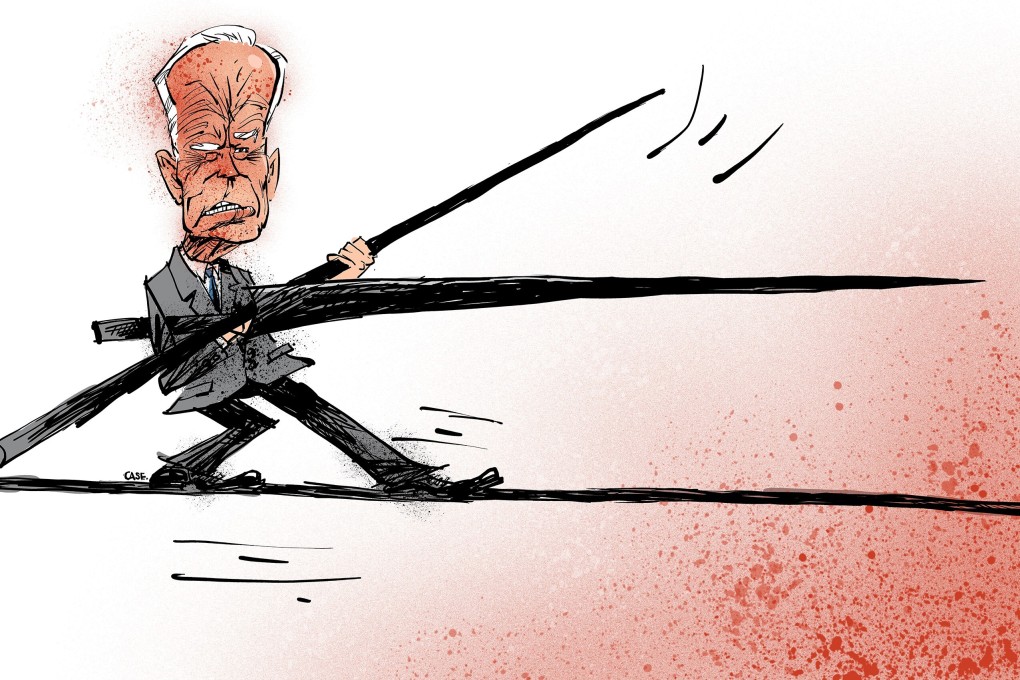Advertisement
Opinion | Can ‘Beijing Biden’ balance being tough on China while seeking common ground?
- US presidential hopeful Joe Biden is expected to be hawkish on human rights and trade policy, open to compromise where necessary, and seek collaboration in climate change and economic recovery
Reading Time:3 minutes
Why you can trust SCMP

Joe Biden, the presumptive Democratic nominee in the US presidential election, continues to lead President Donald Trump in the polls, but in key areas of foreign policy it is still unclear how he would govern. He has, for example, yet to outline how he would handle the country’s most demanding foreign policy challenge: how to interact with China.
But on July 22, the Democratic Party released to its members a draft platform for 2020. The document essentially outlines what a Biden administration’s policies would look like, particularly if supported by a Democratic Congress. For that reason, it is perhaps the best guide to how a Biden administration’s China policy would unfold.
As should be expected in an election year, the platform aims to distinguish the Democrats from the Trump administration, which has taken a single direction throughout its tenure: pursuing economic and diplomatic decoupling to reduce reliance on China and curtail its economic and geopolitical expansion.
Advertisement
Through trade wars, putting pressure on allies to reject Chinese companies in 5G infrastructure and, more recently, sanctioning Chinese officials over policy in Xinjiang, the administration has exerted multiple lines of pressure on Beijing.
At the same time, the United States is now more militarily active in key regional hotspots such as the South China Sea, keen to be seen supporting allies and pushing back on perceived Chinese coercion.

04:37
Barack Obama and Joe Biden join forces in new campaign video targeting US President Trump
Barack Obama and Joe Biden join forces in new campaign video targeting US President Trump
According to the recently released platform, the Democrats, by contrast, would not “resort to self-defeating, unilateral tariff wars” or fall “into the trap of a new Cold War”.
Advertisement
Select Voice
Select Speed
1.00x
